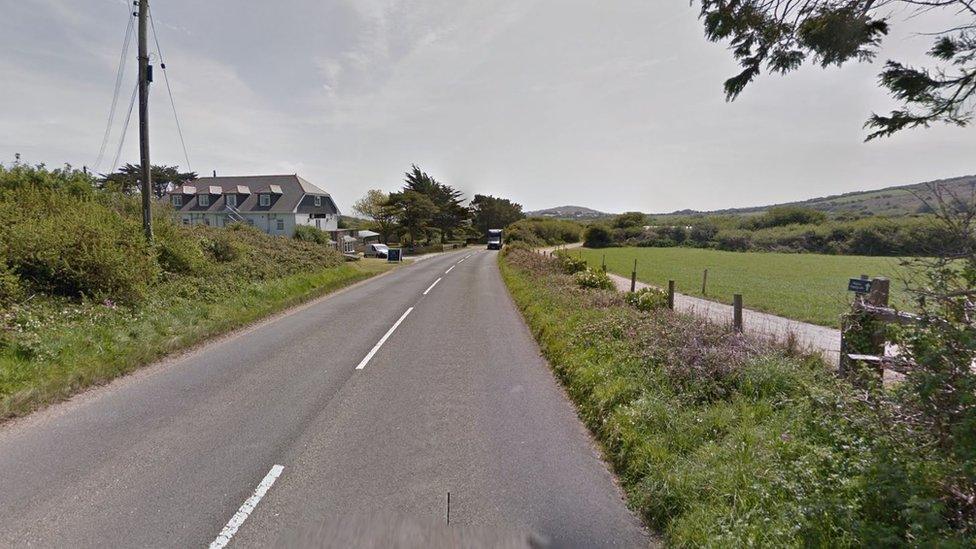Devon and Cornwall road deaths in August 'particularly high'
- Published
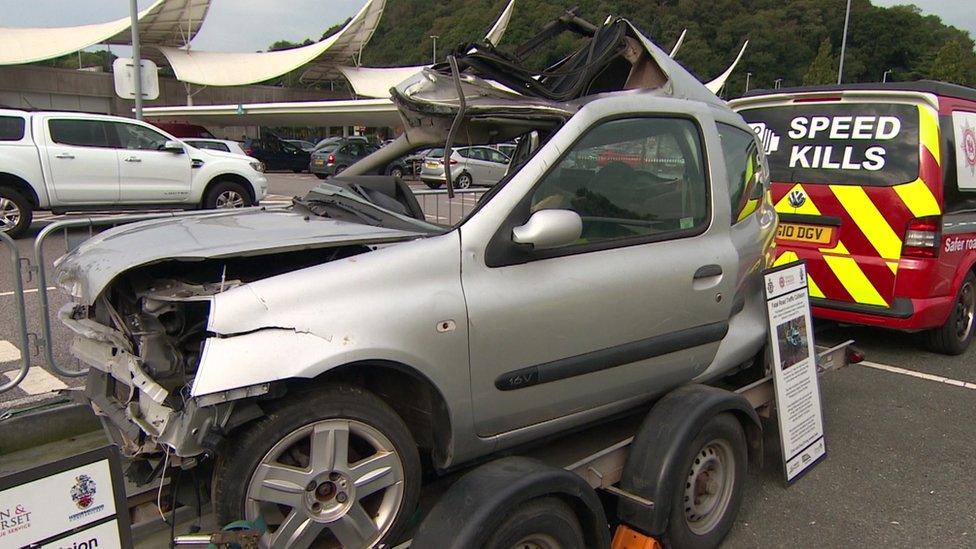
The campaign has been launched after more than 20 people died on roads in Devon and Cornwall in a month
A new road safety campaign has begun after more than 20 people died on Devon and Cornwall's roads in a month.
The average number of fatalities across the counties was usually about four people per month, but it was "in excess" of 20 in August, police said.
As part of the initiative, 170 dashcams are being given out.
Project heads said the level of deaths was "particularly high" and they hoped the cameras would make drivers think before they made "stupid" manoeuvres.
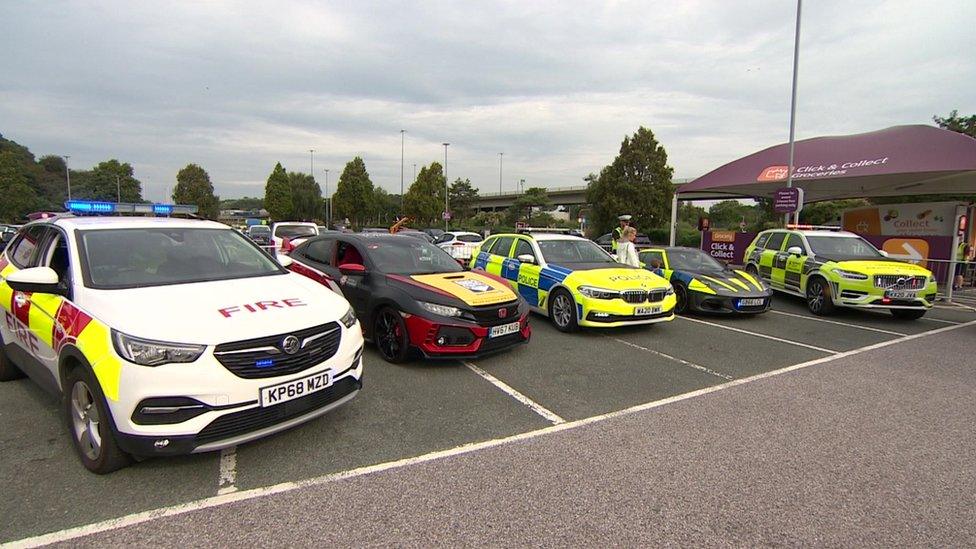
The road safety road trip started in Plymouth
On Monday, a convoy of emergency services vehicles travelled along the A38 in Devon to launch the new initiative and highlight the resources required to attend a serious road traffic collision.
The road trip was organised by the charity Project Edward (Every Day Without A Road Death).
Those taking part, including the police, fire service and air ambulance, are all members of the Vision Zero South West, a group which aims to eradicate all serious and fatal road collisions.
Speaking at the event, which started at the Sainsbury's car park in Marsh Mills, Plymouth, Insp Olly Taylor, of Devon and Cornwall Police, said the "in excess of 20 fatalities" last month had been "particularly high, even for this time of year".
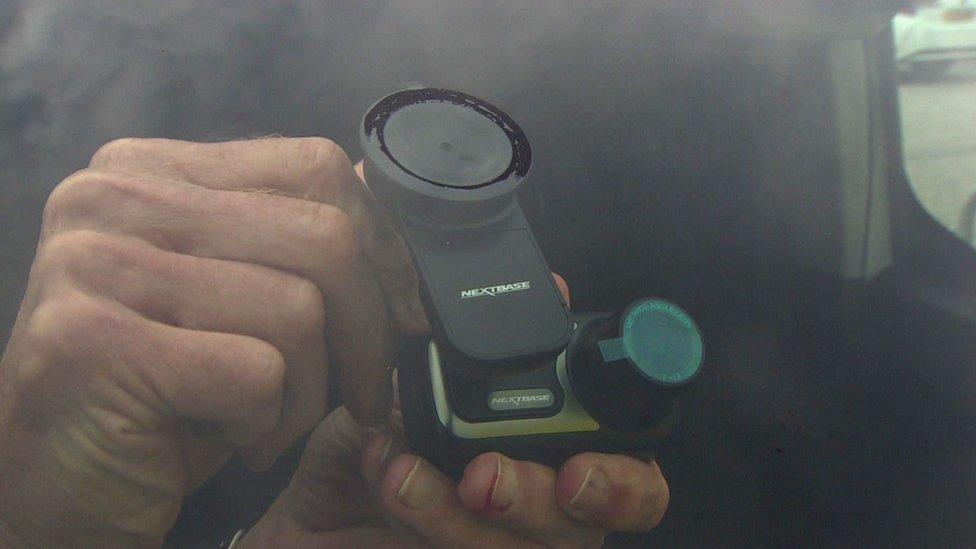
Project leaders said the dashcams would give "170 extra pairs of eyes on our roads"
Devon and Cornwall Police and Crime Commissioner Alison Hernandez, chairwoman of Vision Zero South West, said those involved believed "every tragic death on our roads is avoidable".
She said the dashcam project, which is seeing the devices given to businesses that regularly use the road network, was being paid for by her office and Highways England, and would give "170 extra pairs of eyes on our roads".
She added: "With more people watching, the chances of bad drivers getting caught will increase."
Mark Trimmer, from Highways England, said: "It is ultimately about trying to get more cameras out on the road and get drivers to think if they're doing something stupid."

Follow BBC News South West on Twitter, external, Facebook, external and Instagram, external. Send your story ideas to spotlight@bbc.co.uk, external
Related topics
- Published16 August 2021
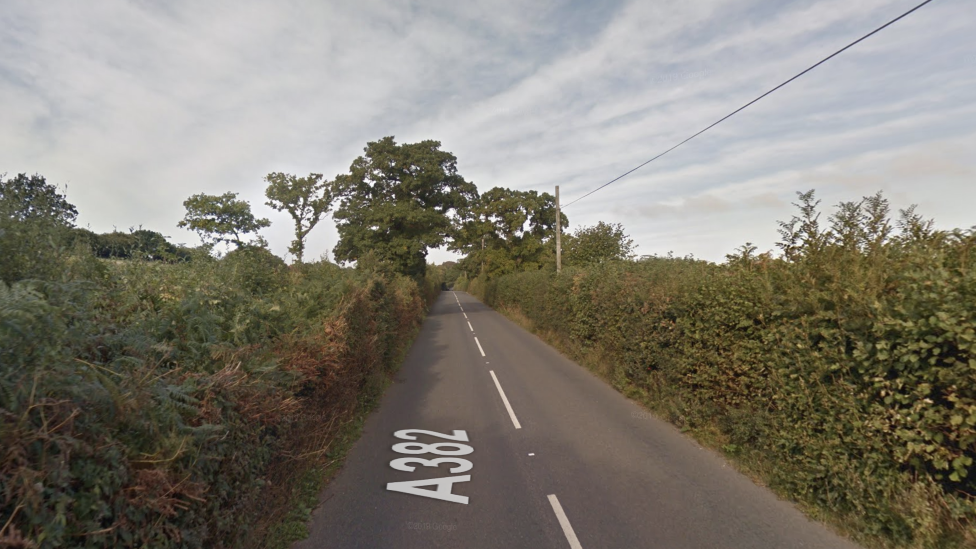
- Published19 August 2021
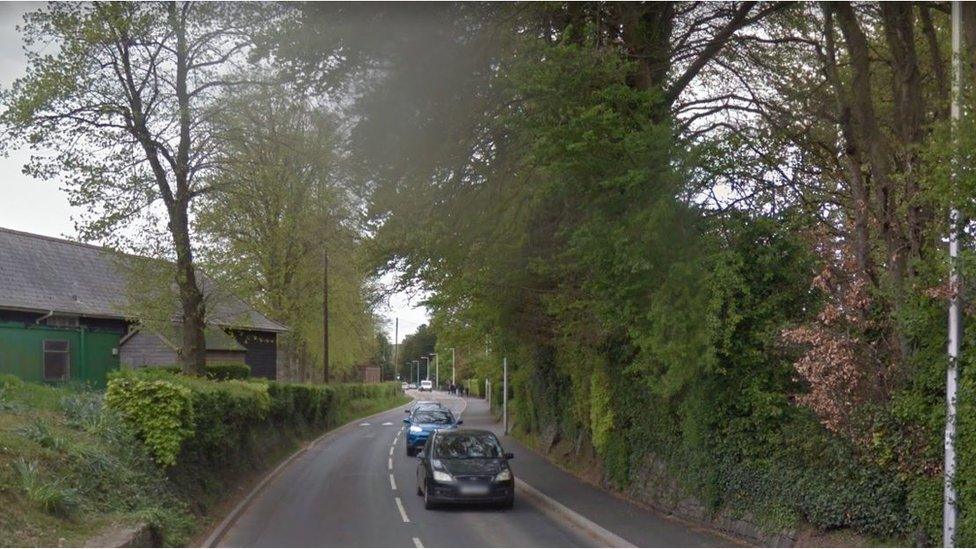
- Published27 August 2021
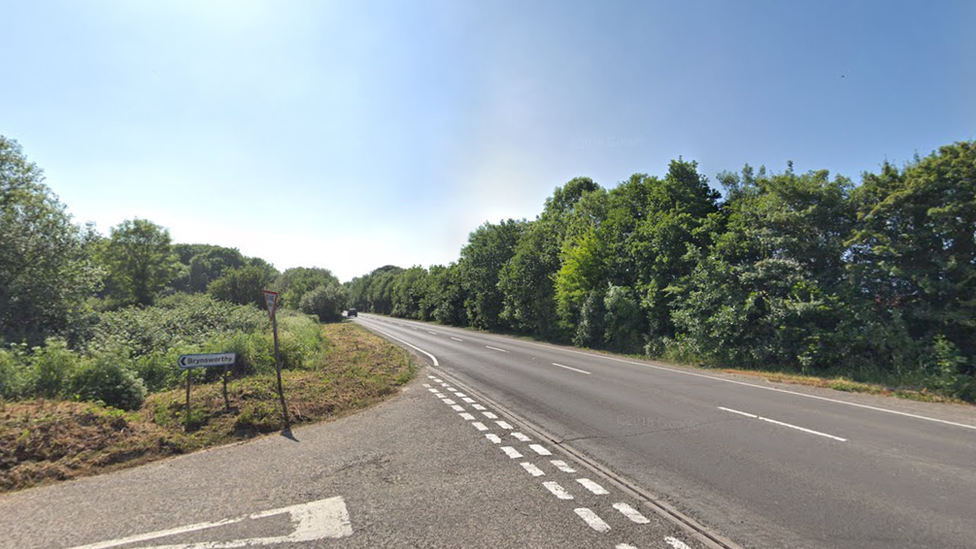
- Published30 August 2021
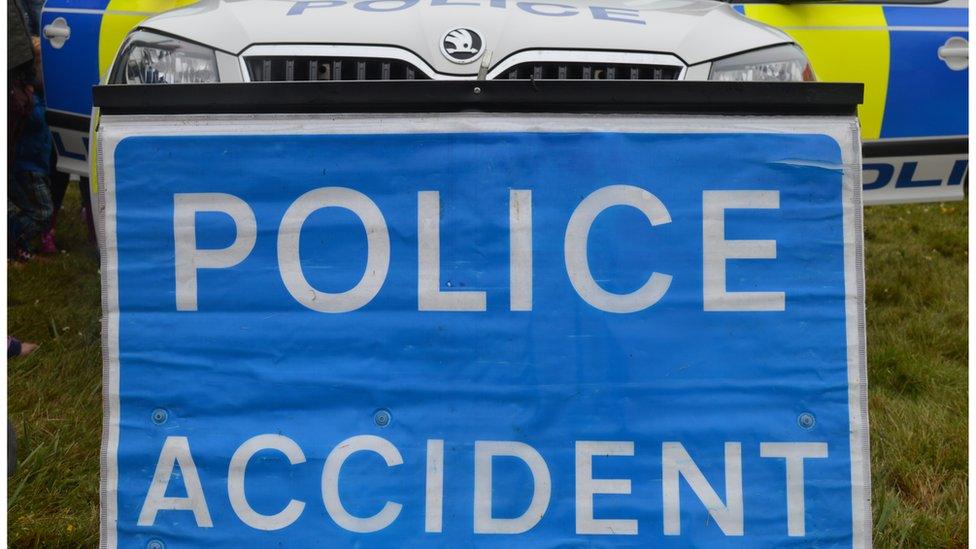
- Published8 September 2021
